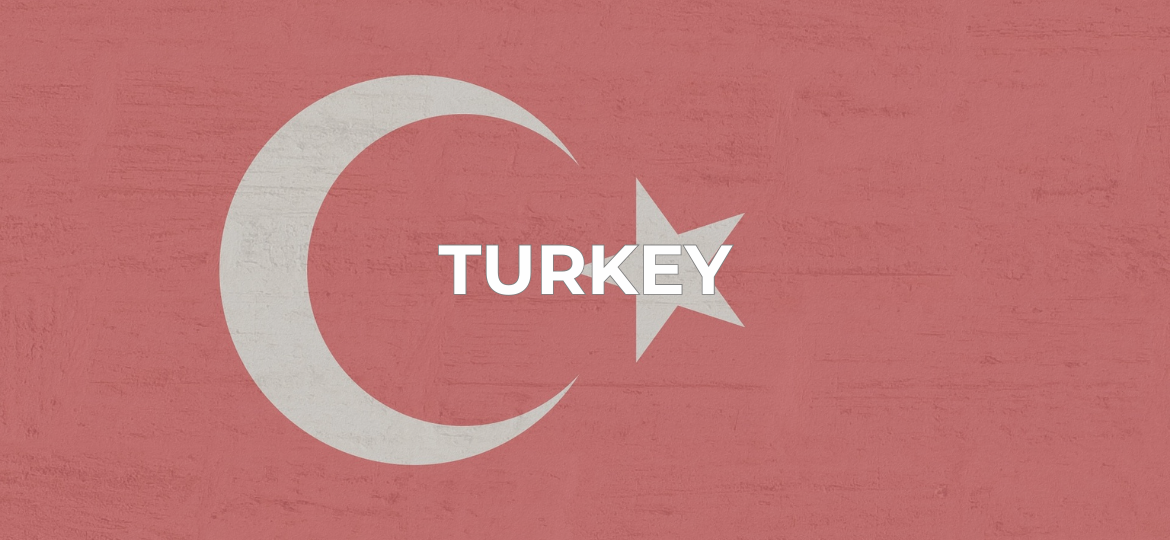
ProtectDefenders.eu is concerned about the reports of violence, legal harassment, arbitrary arrests and threats against human rights defenders in the regions affected by the devastating earthquake in Turkey and calls on the Turkish authorities not to obstruct their work. Human rights defenders, who were perceived as criticising the government, are specifically targeted by security forces on the ground.
On 27 February 2023, woman human rights defender Pelin Songül Çiçek, a member of Mor Dayanışma (Purple Solidarity), and other aid volunteers were verbally harassed and arbitrarily detained by security forces in Hatay Province while distributing aid and conversing with the local people. Mor Dayanışma is a women’s rights organisation originally from Hatay and has been on the ground reaching out to survivors since the rescue efforts began after the earthquake on 6 February 2023.
In the early morning of 27 February 2023, Pelin Songül Cengiz and two other volunteers went to Güzelburç village of Hatay to distribute aid to the villagers after hearing from other volunteers that no aid was being delivered there. When the human rights defenders arrived at the village they camped at the schoolyard with the food and sanitary equipment they brought and started chatting with the volunteers and villagers who were complaining about the lack, or delayed, rescue and aid efforts. The armed security forces (gendarmerie special ops) approached the group and warned them not to criticise the government and threatened them, saying “you cannot say such things against the state or else you know what we will do”. The woman human rights defender and the other volunteers reacted by telling the security members that if there was an offence they should record it and initiate an inquiry against them.
Furthermore, many human rights defenders and journalists have been threatened, attacked, detained and even arrested for doing their jobs. According to a recent report by Dicle Firat Journalists Association, at least four journalists were arrested and investigations were initiated against 6 journalists for reporting news in the earthquake region in February 2023.
Many journalists on the ground reported that they were stopped by security forces while trying to cover news and were threatened by officials not to report anything that would undermine the government. On 27 February 2023, the journalists Ali İmat and İbrahim İmat were detained and arrested at the court where they were transferred to with charges of publicly disseminating false information concerning a post they shared on social media.
Several demonstrations where the protesters took to the streets to protest the government’s response to the earthquake were violently dispersed by security forces, resulting in the arrest of many human rights defenders, including trade union members and physicians. Several journalists were also attacked or prevented from reporting during the demonstrations. The police arrested at least 85 people during the protest held in Istanbul on 26 February 2023 who were released late at night of the same day.
Moreover, ProtectDefenders.eu has been informed about the threats against human rights lawyers Messrs. Erdoğan Akdoğdu, member of the Progressive Lawyers Association (Çağdaş Hukukçular Derneği – ÇHD), and Mehdi Zana Akkaya, member of the Association of Lawyers for Freedom (Özgürlük için Hukukçular Derneği – ÖHD), who have taken up torture cases in the aftermath of the deadly earthquakes of 6 February 2023, which caused the death of over 52,000 people and left thousands more injured and displaced in Turkey and Syria. This humanitarian crisis prompted President Erdoğan to enact a three-month state of emergency in the affected areas, which led to disproportionate restrictions on fundamental freedoms and abuses by law enforcement.
Turkey ranks 149 on RSF Press Freedom Index. Authoritarianism is gaining ground in Turkey, challenging media pluralism. All possible means are used to undermine critics. Discriminatory practices against critical journalists and media outlets, such as stripping them of press passes, are commonplace. Judges who do the government’s bidding are trying to limit democratic debate by censoring online articles tackling corruption and similarly sensitive topics. This makes it hard to publish quality reporting. Some journalists have nonetheless tried to remain faithful to their mission to report the news with complete independence, and they are demanding recognition of a “media ombudsman”.


